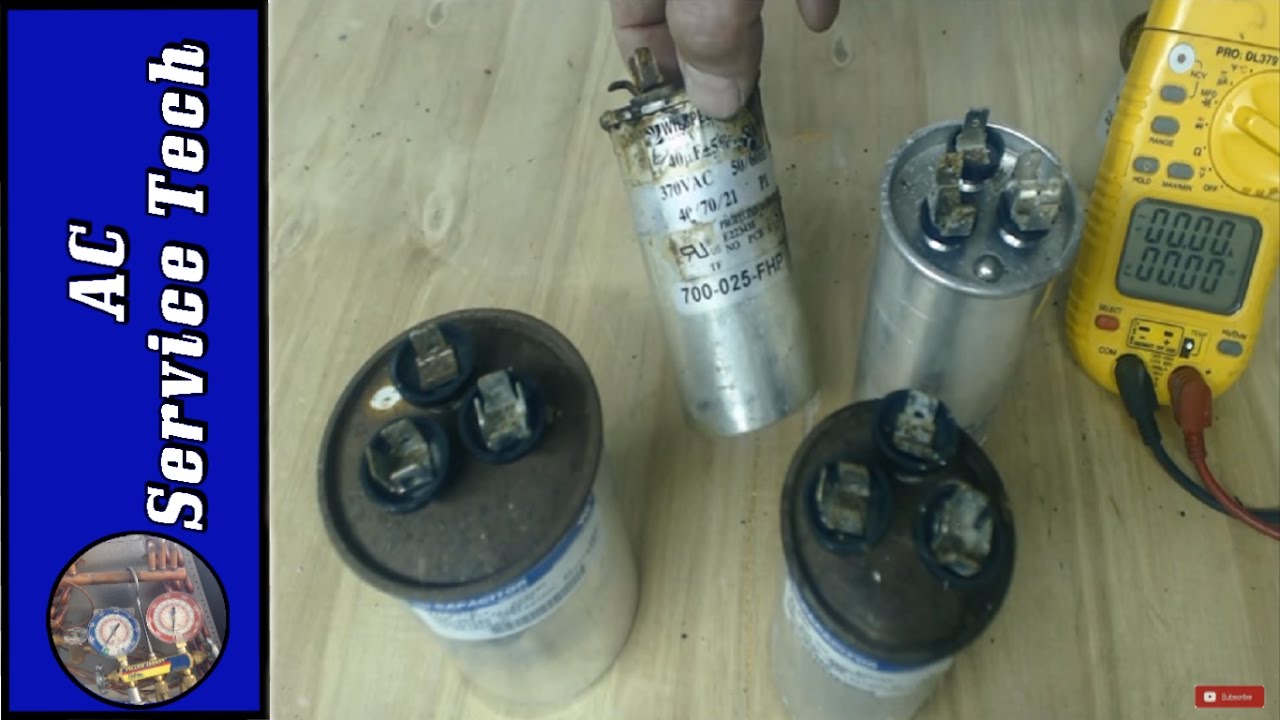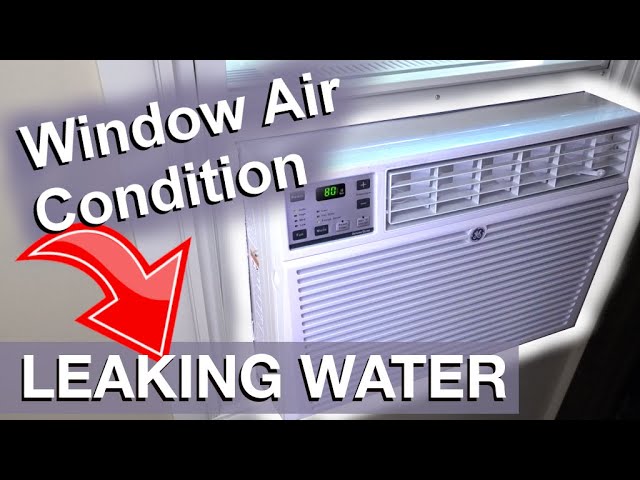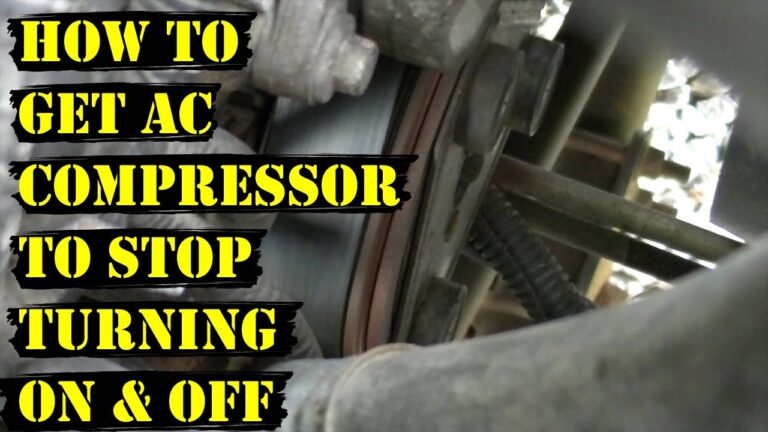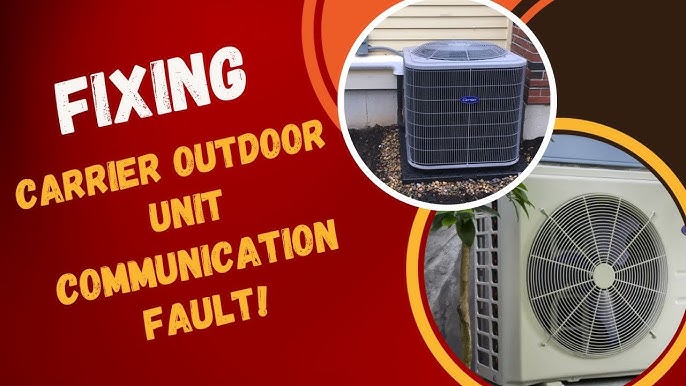How Do I Know If My AC Capacitor Is Bad? Essential Signs to Watch
A bad AC capacitor often causes your unit to struggle starting or fail to cool properly. You might hear a humming noise.
An AC capacitor is a crucial component in your air conditioning system. It provides the initial surge of energy needed to start the compressor and fan motor. Over time, capacitors can degrade or fail, impacting your AC’s performance. Signs of a bad capacitor include difficulty starting the unit, reduced cooling efficiency, and unusual noises.
Regular maintenance and timely replacement can prevent these issues. Understanding these symptoms can help you diagnose and address capacitor problems early, ensuring your AC runs smoothly and efficiently. This knowledge can save you from costly repairs and extend the lifespan of your system.

Credit: islandcomfort.com
Signs Of A Faulty Ac Capacitor
Your AC capacitor is a small but crucial component of your air conditioning system. It helps start and run the compressor and fan motors. A bad capacitor can cause many problems. Here are some signs that might indicate a faulty AC capacitor.
Ac Not Cooling Effectively
Is your home not as cool as it should be? A faulty capacitor could be the reason. The capacitor helps the compressor and fan motor run. Without it, your AC unit struggles to cool your home. You might notice that the air blowing from the vents is not cold. The room temperature stays high, even though the AC is running. This is a sign your capacitor might be bad.
Rising Energy Bills
A bad capacitor can cause your AC unit to work harder. This leads to higher energy consumption. You might see a spike in your electricity bill. If your energy bills are rising without any other reason, check your AC capacitor. An inefficient AC unit uses more power. This results in higher costs. Replacing the faulty capacitor can help reduce your bills.
Unusual Noises
Your AC unit should operate quietly. Unusual noises often indicate a problem. One common culprit is a bad capacitor. Paying attention to these noises can help you diagnose issues early.
Humming Sounds
If you hear a humming sound from your AC unit, it might be the capacitor. This noise usually means the capacitor is trying to work but failing. A humming sound often signals an electrical issue.
Check if the fan is not spinning. This combination often points to a bad capacitor.
Clicking Or Buzzing
Clicking or buzzing sounds can also indicate a bad capacitor. Clicking usually happens when the unit tries to start but can’t. Buzzing sounds often occur due to electrical issues in the capacitor.
If you hear these noises, inspect the capacitor. Clicks and buzzes are key indicators of capacitor failure.
| Noise Type | Possible Issue |
|---|---|
| Humming | Capacitor struggling to work |
| Clicking | Unit failing to start |
| Buzzing | Electrical issue in the capacitor |
Ac Won’t Turn On
If your AC won’t turn on, the problem could be the capacitor. The capacitor is a vital part of your AC system. It helps start the compressor and fan. Without a working capacitor, your AC will not function. Let’s explore the possible causes.
Thermostat Issues
First, check the thermostat. Ensure it is set to “cool” mode. Also, verify the temperature setting is lower than the room temperature. A faulty thermostat can prevent the AC from starting. Replace the batteries if the display is blank.
Electrical Problems
Next, inspect the electrical components. Make sure the circuit breaker is not tripped. Reset the breaker if necessary. Check the fuses for any signs of damage. Replace any blown fuses.
| Issue | Possible Cause | Solution |
|---|---|---|
| AC won’t turn on | Faulty thermostat | Check settings, replace batteries |
| AC won’t turn on | Tripped circuit breaker | Reset breaker |
| AC won’t turn on | Blown fuse | Replace fuse |
If the thermostat and electrical components are fine, the capacitor might be the issue. A bad capacitor can cause the AC not to start. It is important to have a professional check the capacitor. Safety first!
Ac Turns Off On Its Own
Does your AC turn off on its own? This can be frustrating. Understanding why your AC behaves this way is important. One common cause is a bad capacitor. Let’s explore how overheating and capacitor failure can lead to this issue.
Overheating
Overheating can cause the AC to shut down. This is a safety feature to prevent damage. The AC capacitor plays a key role in this. If the capacitor is bad, the AC can overheat easily.
| Symptoms | Description |
|---|---|
| Warm Air | The AC blows warm air instead of cool. |
| Frequent Shutoffs | The AC shuts off frequently to cool down. |
Capacitor Failure
A capacitor failure can cause your AC to turn off. The capacitor provides the initial boost to start the AC. If the capacitor is weak, the AC may struggle to start or keep running.
- The AC takes longer to start.
- The AC produces a humming noise.
- The AC turns off after running for a short time.
Check the capacitor if you notice these signs. Replacing a faulty capacitor can fix the issue.
Physical Signs On The Capacitor
When your AC unit isn’t working well, the capacitor might be the issue. Capacitors can show physical signs when they go bad. These signs can help you identify if your capacitor needs replacement.
Bulging Or Leaking
A bulging capacitor is a clear sign of trouble. The capacitor should have a flat top. If the top is swollen or bulging, the capacitor is failing. A leaking capacitor is another bad sign. Leaks can be seen as oily spots around the capacitor. If you see any leakage, replace the capacitor immediately.
Corrosion Or Burn Marks
Corrosion on the capacitor’s terminals is another sign. Corroded terminals can prevent the capacitor from working properly. Look for any green or white crusty build-up. Burn marks are a serious indicator of failure. Burn marks can appear as black spots on the capacitor. These marks mean the capacitor has overheated. Replace it to avoid further damage to your AC unit.
| Physical Sign | Description |
|---|---|
| Bulging | Top of the capacitor is swollen |
| Leaking | Oily spots around the capacitor |
| Corrosion | Green or white crusty build-up on terminals |
| Burn Marks | Black spots indicating overheating |
Checking With A Multimeter
Testing your AC capacitor with a multimeter is simple. It helps determine if it’s faulty. Follow these steps to check and ensure your AC runs smoothly.
Safety Precautions
- Turn off the power to the AC unit before working.
- Wear insulated gloves to avoid electric shock.
- Use a voltage tester to confirm no power is present.
- Keep children and pets away from the work area.
Step-by-step Guide
- Locate the capacitor: It’s in the AC unit’s outdoor compressor.
- Discharge the capacitor: Use a screwdriver with an insulated handle.
- Remove the capacitor: Disconnect the wires carefully.
- Set the multimeter: Switch it to the capacitance setting.
- Connect the probes: Attach them to the capacitor terminals.
- Read the display: Check if the capacitance matches the rating.
- Replace if needed: If the reading is off, get a new capacitor.
When To Call A Professional
Knowing when to call a professional is crucial for your AC’s health. Sometimes, DIY fixes can cause more harm than good.
Complex Repairs
Some repairs are too complex for DIY enthusiasts. If your AC capacitor is faulty, it can affect the whole system.
- Strange noises from your AC unit
- AC unit not turning on at all
- Frequent tripping of circuit breakers
- Visible leaks or burns near the capacitor
If you notice any of these issues, call a professional immediately. They have the tools and knowledge to fix the problem safely.
Preventive Maintenance
Regular preventive maintenance can save you from unexpected breakdowns. A professional can check all parts of your AC, including the capacitor.
| Maintenance Task | Recommended Frequency |
|---|---|
| Inspect and clean filters | Monthly |
| Check capacitor health | Every six months |
| Inspect electrical connections | Yearly |
Regular checks can prevent costly repairs. It ensures your AC runs efficiently throughout the year.

Credit: sunset-air.com
Extending Capacitor Lifespan
To ensure your AC capacitor lasts longer, you need to take care of it. Regular checks and proper usage can help extend its lifespan. Let’s dive into some useful tips for doing this.
Regular Inspections
Conducting regular inspections is crucial. Look for any signs of wear and tear.
- Check for bulging or leaking.
- Listen for unusual noises.
- Monitor the system’s performance.
Early detection of problems can prevent major failures. Schedule inspections at least twice a year.
Proper Usage Tips
Follow these tips to use your AC capacitor properly:
- Do not overwork your AC. Give it breaks.
- Keep the AC unit clean and free from debris.
- Ensure the area around the unit is well-ventilated.
Using your AC wisely can help prolong the capacitor’s life. Avoid setting the thermostat too low.

Credit: www.youtube.com
Frequently Asked Questions
How To Tell If An Ac Run Capacitor Is Bad?
Check for signs like AC not starting, humming noise, or bulging capacitor. Use a multimeter for precise testing.
How Do I Test My Ac Capacitor?
First, turn off the power to the AC unit. Remove the capacitor. Use a multimeter to check the capacitance. Compare the reading with the capacitor’s rating. Replace if the reading is significantly off.
What Happens When The Ac Capacitor Goes Out?
An AC capacitor failure can cause the unit to not start, blow warm air, or make a humming noise.
Conclusion
Identifying a bad AC capacitor early can prevent costly repairs. Look for signs like humming noises or slow start-up. Regular maintenance and timely checks ensure your AC runs smoothly. If you notice any issues, consider consulting a professional. Stay proactive to keep your home cool and comfortable.






